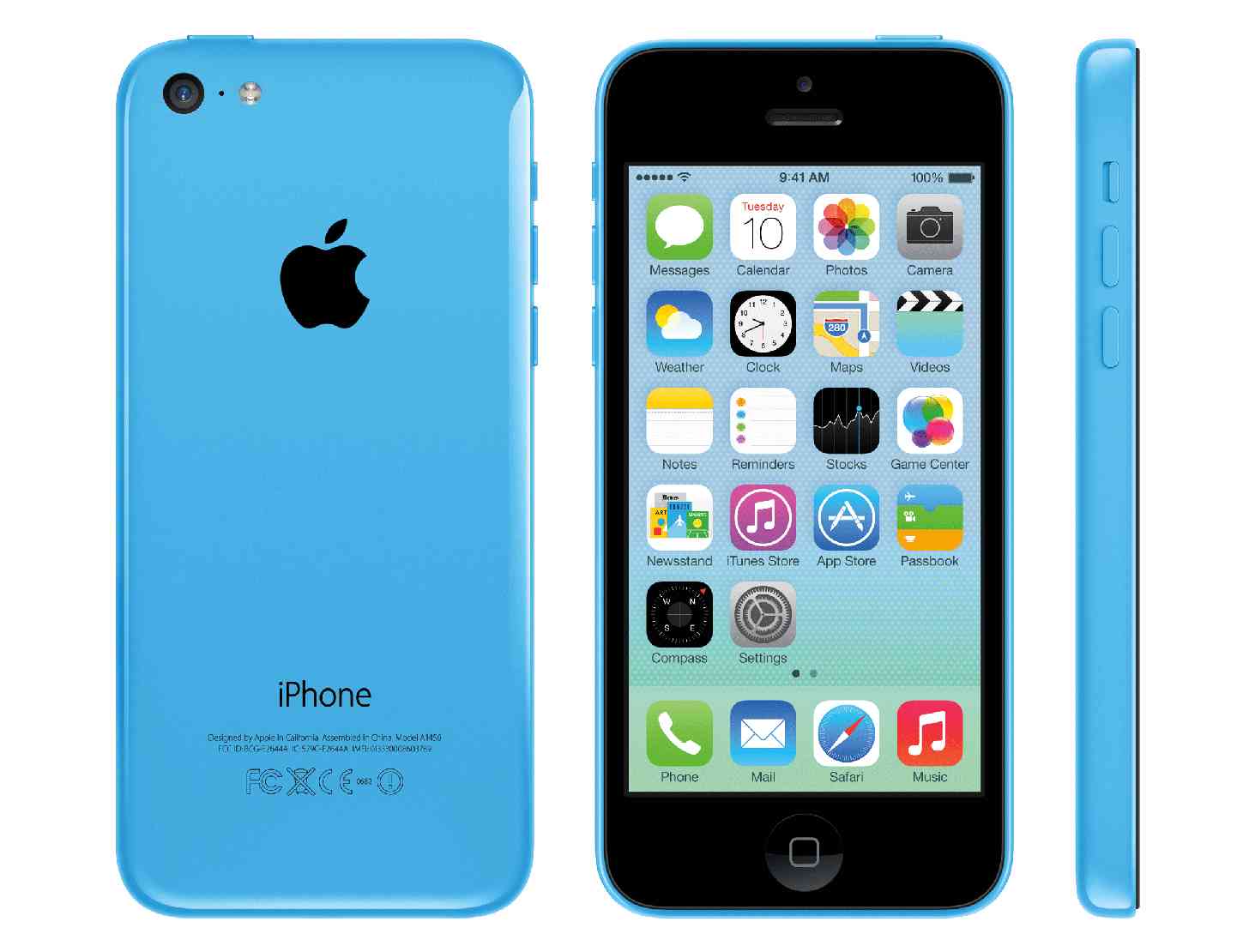
Apple has been battling the government over a request that Apple help the FBI unlock an iPhone 5c that belong to one of the San Bernardino shooters. The Department of Justice even got involved last month, and it’s back today with an official response to Apple’s opposition.
In its filing, the DOJ says that the order asking for Apple’s help is “modest,” explaining that it “applies to a single iPhone, and it allows Apple to decide the least burdensome means of complying.” The DOJ argues that Apple knows that it’s not being asked to create a back door that can be used to unlock other iPhones.
Later in its filing, the DOJ accuses Apple of attacking the All Writs Act, the original court order, and the FBI, all while “extolling itself as the guardian of Americans’ privacy.” The DOJ says that Apple’s opposition is a “diversion” and that the company “desperately needs” the case to be about more than a single iPhone. The filing proceeds to go into support of the DOJ, defending the All Writs Act and claiming that the order requesting Apple’s help does not violate the First and Fifth Amendments like Apple claims that it does.

Apple general counsel Bruce Sewell has responded to the DOJ’s filing, describing it as a “cheap shot brief.” “In 30 years of practice I don’t think I’ve ever seen a legal brief more intended to smear the other side with false accusation and innuendo,” Sewell said.
The battle between Apple and the government over the San Bernardino shooter’s iPhone seems to get more heated every time we get a new letter from the two sides comes out. The FBI wants Apple to build a special version of iOS that’ll eliminate the mechanism that will erase the data on the iPhone 5c after too many failed password attempts, but Apple doesn’t want to, saying that doing so could lead to the government making more requests like this in the future.
If you want to read the DOJ’s full filing on this matter, you can find it right here.